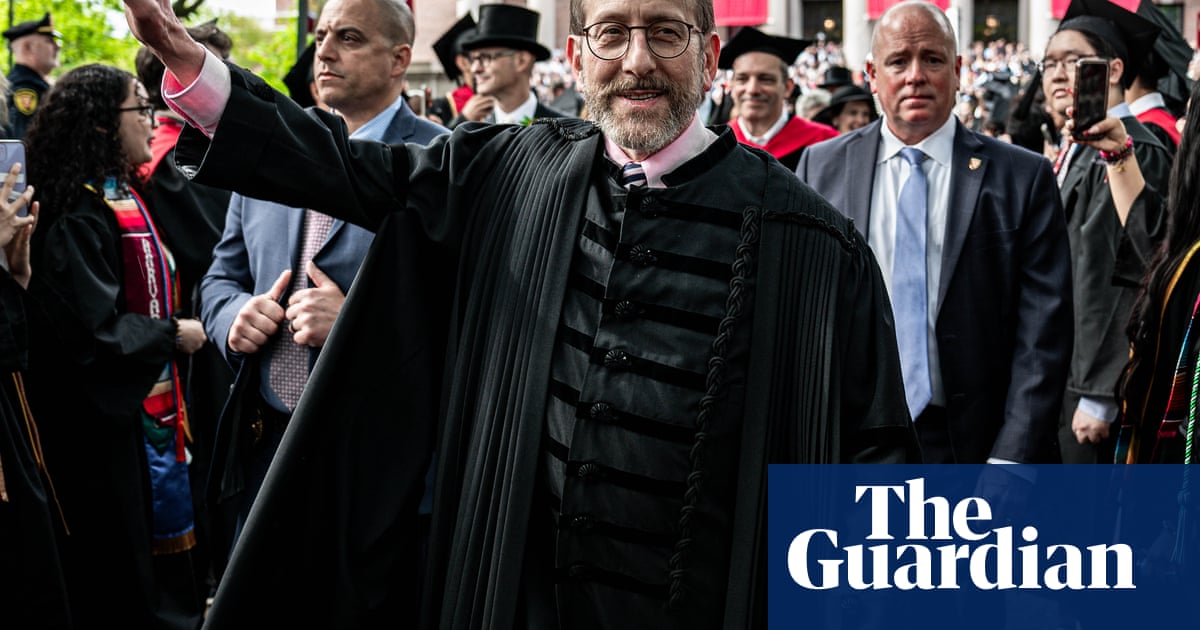TALLAHASSEE, Fla. (AP) — Florida Republican Gov. Ron DeSantis is used to getting his way in the state capital, with a tight grip on the GOP-controlled Legislature, where once-pliant lawmakers hustled his priorities and helped him build his national brand.
But not this year.
DeSantis' second-to-last legislative session in Tallahassee has been defined by interparty squabbles that spilled out into the open, as the Legislature's GOP leaders sparred with each other and openly defied the term-limited governor.
Over the 60-day regular session, members of DeSantis' own party launched an investigation into the signature initiative of his wife, first lady Casey DeSantis, accused a key ally of the governor of criminal conspiracy and advanced measures aimed at reining in his administration.
Despite enjoying a GOP supermajority in both chambers, legislative leaders failed to pass the one bill Florida law requires, the state budget, ahead of the scheduled end of the regular session on Friday. Instead, lawmakers ran out the clock, dragging their negotiations into the night before announcing a budget framework shortly before 10 p.m. Friday.
Under the deal, the Legislature will return to Tallahassee for an extended session scheduled to last through June 6 to hammer out a spending deal ahead of the July 1 start of the next fiscal year.
Here's a look at Florida's regular legislative session, by the numbers.
3 different philosophies
Republicans have a political trifecta in Tallahassee, with the sheer might to ram bills through over the protests of their Democratic colleagues. But this year, GOP leaders simply could not reconcile their different philosophies on tax policy in time to reach an agreement on the state budget.
The House began negotiations with a $113 billion spending plan, compared to the Senate's $117.4 billion proposal and the governor's projected $115.6 billion budget. The main sticking point was how to cut taxes, with House Speaker Daniel Perez calling for a permanent .75% reduction in the state's sales tax, a proposal Senate President Ben Albritton had balked at.
But after hours of prolonged negotiations Friday, legislative leaders announced a joint framework for a budget deal they say will come in lower than the governor's proposal and include $2.8 billion in tax relief.
DeSantis meanwhile has pushed legislators to eliminate the state's property taxes, a change that would ultimately have to go before the voters.
205 measures passed
Overall, both chambers passed 205 bill and resolutions this session, out of more than 1,900 filed.
Among the bills lawmakers approved are a measure creating new hurdles for citizen-driven ballot initiatives, reforms easing the financial burden on condominium owners grappling with new safety regulations following the Surfside condo collapse in 2021, a measure banning fluoride in public drinking water systems and a bill allowing additional execution methods to carry out the state’s death penalty.
Meanwhile, a number of the governor's priorities died this session, including bills that would have lowered the minimum age to buy a firearm and allowed gunowners to carry on college campuses. Other DeSantis-backed bills that failed include measures to roll back some of the state's child labor protections and require all employers in the state to use E-Verify, a federal government system to verify work eligibility.
A two-thirds majority
Lawmakers also advanced measures aimed at curbing the power of the governor, which he can sign, veto or allow to become law without his signature.
Legislators could revive bills axed by the governor, if two-thirds of both chambers vote to override his veto. They took that step in January to overturn some of DeSantis' line-item vetoes of last year's budget, a move seen as a bold act of defiance.
Among the bills that could spark DeSantis' ire is a measure that would restrict development in state parks, following bipartisan backlash over a DeSantis administration proposal to build golf courses, pickleball courts and hotels in state parks.
Lawmakers also passed a measure that would outlaw the use of public funds for political ads on proposed constitutional amendments after DeSantis led an aggressive campaign against two ballot initiatives in November. Another measure would prohibit state employees from fundraising for political campaigns or candidates while on the job.
A $10 million donation
Also this session, lawmakers in DeSantis’ own party scrutinized the welfare program that is his wife's signature initiative.
Representatives began investigating Hope Florida amid revelations its foundation gave $10 million from a state Medicaid settlement to two nonprofits. Those groups in turn gave millions to a political committee, chaired by DeSantis’ then-chief of staff, which campaigned against a failed referendum on recreational marijuana.
Legislators wound down the probe after key officials involved in the transactions refused to testify, though lawmakers say the chamber's oversight will continue as they wait for state agencies to hand over a trove of public records related to Hope Florida.
$50,000 a day
That is the average cost to Florida taxpayers for each day lawmakers have to come back to Tallahassee to carry out the public's business outside of a regular session, according to a spokesperson for the state Senate.
Under the plan legislative leaders hashed out on Friday, lawmakers will return the week of May 12 for the extended session, which is scheduled to end June 6.
___
Kate Payne is a corps member for The Associated Press/Report for America Statehouse News Initiative. Report for America is a nonprofit national service program that places journalists in local newsrooms to report on undercovered issues.

 German (DE)
German (DE)  English (US)
English (US)  Spanish (ES)
Spanish (ES)  French (FR)
French (FR)  Hindi (IN)
Hindi (IN)  Italian (IT)
Italian (IT)  Russian (RU)
Russian (RU) 























Comments